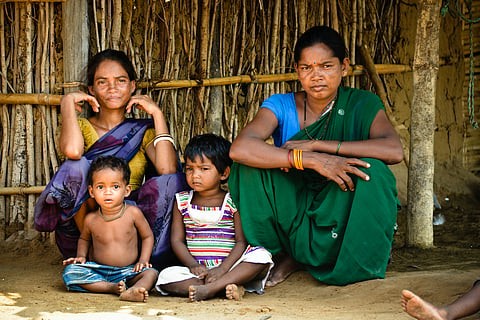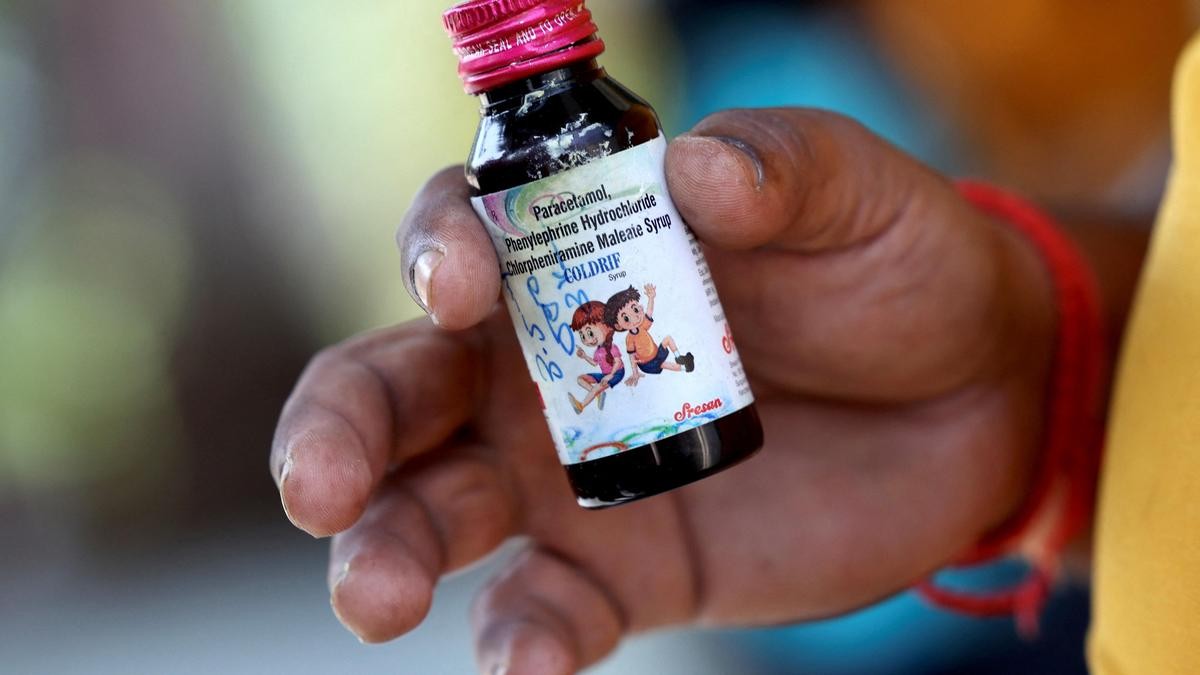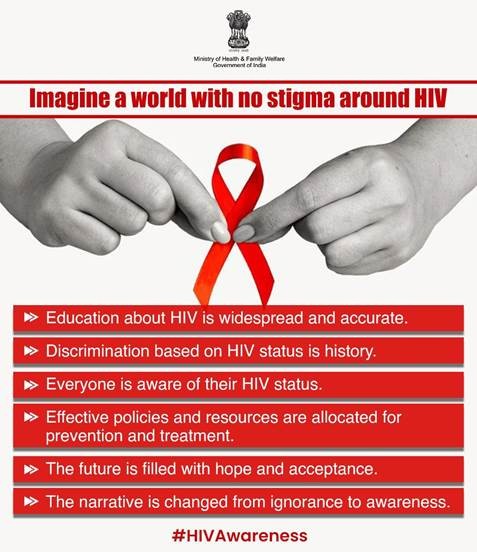Description
Context
- China has reported the first human infection case with Monkey B virus (BV).
What is Monkey B virus?
- The virus, initially isolated in 1932, is an alphaherpesvirus enzootic in macaques of the genus Macaca. B virus is the only identified old-world-monkey herpesvirus that displays severe pathogenicity in humans.
How is it transmitted?
- The infection can be transmitted via direct contact and exchange of bodily secretions of monkeys and has a fatality rate of 70 per cent to 80 per cent.
- Macaque monkeys commonly have this virus, and it can be found in their saliva, feces, urine, or brain or spinal cord tissue.
- The virus may also be found in cells coming from an infected monkey in a lab. B virus can survive for hours on surfaces, particularly when moist.
When can a human get infected with B virus?
- Humans can get infected if they are bitten or scratched by an infected monkey; get an infected monkey’s tissue or fluid on broken skin or in eyes, nose, or mouth; scratch or cut oneself on a contaminated cage or other sharp-edged surface or get exposed to the brain (especially), spinal cord, or skull of an infected monkey.
Symptoms
- Symptoms typically start within one month of being exposed to B virus, but could appear in as little as three to seven days, the CDC says.
- The first indications of B virus infection are typically flu-like symptoms such as fever and chills, muscle ache, fatigue and headache, following which an infection person may develop small blisters in the wound or area on the body that came in contact with the monkey.
- As the disease progresses, the virus spreads to and causes inflammation (swelling) of the brain and spinal cord, leading to neurologic and inflammatory symptoms such as pain, numbness, itching near the wound site; issues with muscle coordination; brain damage and severe damage to the nervous system and in extreme cases, death.
Is there a vaccine against B virus?
- Currently, there are no vaccines that can protect against B virus infection.
Who are at higher risk for infection?
- The virus might pose a potential threat to laboratory workers, veterinarians, and others who may be exposed to monkeys or their specimens.
Are there any cases of human-to-human transmission?
- Till date, only one case has been documented of an infected person spreading B virus to another person.
https://indianexpress.com/article/explained/explained-what-is-monkey-b-virus-that-caused-first-human-death-in-china-7412280/










